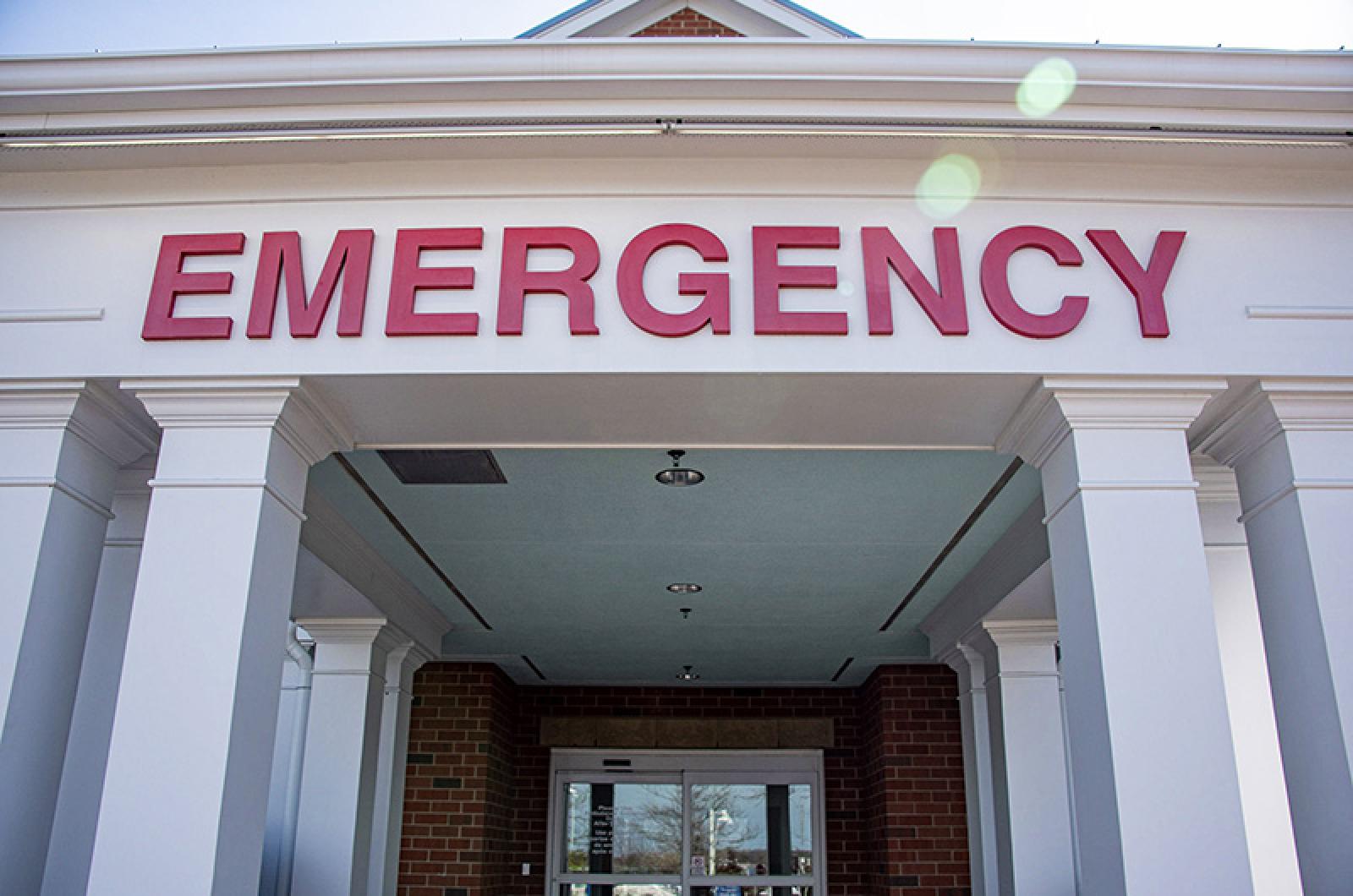It is only a matter of time before COVID-19 reaches Martha’s Vineyard, but thankfully preparedness plans are now emerging to address the free-floating dread that has afflicted the Island for weeks.
Community organizations, including the Martha’s Vineyard Film Festival, the Chamber of Commerce and several libraries, have exercised prudence in canceling or postponing events over the next month or so until the full extent of the pandemic is known.
Martha’s Vineyard Hospital, the Island six boards of health, emergency managers and the Steamship Authority are all in regular communication among themselves and with state officials on suspected cases, new developments and protocols. And just before press time this week, the hospital issued a strict set of measures designed to protect its health care workers in the event a wave of coronavirus cases arrives on our shores. These include severely restricting visitors who are not patients or medical personnel.
In the absence of clear information and consistent advice, Islanders — mainlanders too, no doubt — have been dealing with the threat of infection in a range of ways, from nonchalance to near panic. People returning from foreign travel and residents opting to self-isolate have been treated with suspicion and patients with minor sniffles have flooded doctors’ offices, demanding attention and burdening our fragile health care system.
With luck, the Island will escape lightly, but there are few things more critical than ensuring good medical care is available when it is most needed.
The national media is replete with good advice about hygiene, including regular and thorough handwashing, refraining from touching your face and disinfecting countertops, light switches and door handles. Elbow bumps are the new handshakes and close-talking is discouraged.
But there are specific things that Islanders can do to take care of themselves and each other.
The hospital is asking that people who believe they have symptoms of the coronavirus, such as a sore throat, a fever and a dry cough, call their primary care physician before coming to the hospital. People who believe their condition warrants emergency care, such as shortness of breath, should come to the emergency room, wearing a mask if possible and avoiding contact with others.
People who travel on the ferry with their cars are urged to stay in their vehicles for the duration of the trip.
Consider calling an elderly neighbor, the demographic most at risk in the event of serious infection, and offer to pick up groceries or a prescription.
Finally, college students who have been sent home for the balance of the school year and seasonal residents who have arrived back on-Island early, seeking social distance not readily found in urban areas, should exercise equal care. Isolated though the Island is, it is not immune.
In the face of a global pandemic, the instinct for personal survival is strong, but the ethic of Islanders looking after each other when the chips are down is needed now more than ever.







Comments (10)
Comments
Comment policy »